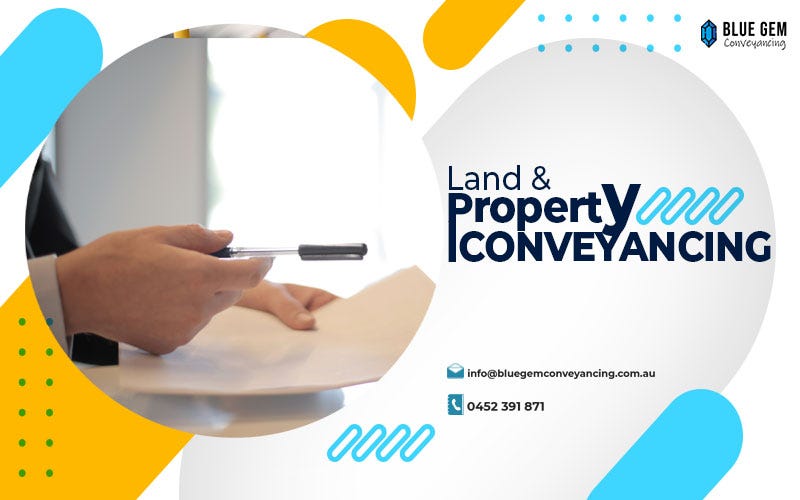Top Guidelines Of Conveyancer
Top Guidelines Of Conveyancer
Blog Article
Conveyancer - Questions
Table of ContentsConveyancer for DummiesConveyancer Can Be Fun For AnyoneThe Greatest Guide To ConveyancerThe Definitive Guide for ConveyancerThe smart Trick of Conveyancer That Nobody is Talking About
This includes sending out a transfer deed to the Land Computer registry. It ensures the buyer's name is registered as the brand-new proprietor. Communicating with the Land Computer registry, a government division, updates the general public document with the residential or commercial property's newest owner. The purchaser's lawyer takes care of the stamp duty land tax after ownership transfer.It's payable to HM Profits & Customs. Customers need to pay this promptly, generally within 2 week of completion, to stay clear of charges. Home purchases included fees, and conveyancing is no exemption. Conveyancing charges cover two major areas: the conveyancer's cost and dispensations. The conveyancer's fee is for the lawful work of moving residential property.
Fixed cost conveyancing charges an established cost for conveyancing job. It's a typical cost no matter the job's complexity. No Sale No Charge conveyancing ('NSNF') bills only if the deal achieves success. This choice might feature higher costs to balance out threats. It's suggested to get several quotes from conveyancing solicitors.
Picking a specialist is key to a smooth residential or commercial property purchase. For a conveyancer search, ask pals or household who've purchased home. Estate agents may also recommend conveyancers.
Conveyancer Things To Know Before You Get This
While both conveyancing lawyers and qualified conveyancers are a lot more than efficient in handling the whole purchasing and selling process, if there are any kind of other legal variables that must be dealt with throughout the transaction (such as just how you leave home in your Will), a conveyancing lawyer may be an extra appropriate choice.

However, you need to understand that usually conveyancers pay recommendation fees to the representatives for intro of a brand-new customer (Conveyancer). Considered that the estate agent gets an economic benefit if you select their conveyancer, you need to consider every one of your alternatives and visit several conveyancer and contrast their fees and evaluations
Inquire about their regional residential or commercial property experience, charges, and the anticipated conveyancing timeline. Also, confirm their get in touch with information for easy communication. You may have heard the term 'self-conveyancing'. While practically feasible, the procedure lugs risks and challenges. It is possible to do your own conveyancing. Absolutely nothing legitimately bans buyers and sellers from serving as their own conveyancer.
Conveyancer for Beginners
Nevertheless, conveyancing entails many lawful terms and intricate procedures. Taking this on without specialist training reveals you to prospective mistakes. One oversight can jeopardise your residential or commercial property rights. Falling short to spot a concern in the title acts can result in a loss of possession. Mistakes in the documentation could create conflicts with your mortgage service provider or postpone your move.
A conveyancer has the understanding to handle intricacies, guaranteeing a smoother procedure. A conveyancer helps when you're offering. A conveyancer aids in the preparation of lawful files essential for the residential property sale. These files consist of visit site title acts, residential property information types, and components and fittings listings. Composing the sale contract is one more job, outlining terms of sale, building price, limits, and civil liberties of way.

Indicators on Conveyancer You Should Know
This article will certainly clarify the website link value of the function and the different kinds of expert conveyancers.

Conveyancers must adhere to lawful procedures when preparing and refining papers for the transfer of home from a single person to an additional. A conveyancer can only act upon part of both parties in particular situations - for instance, if both parties relate or they are in service partnership with each other. A conveyancer has to not act for both celebrations if they have a problem of rate of interest in relationship to the deal.
The account requires to be authorized by Customer and Company Providers (CBS) and be held in a financial institution, building society click for info or cooperative credit union. You have to: keep all documents of trust moneyissue in-depth receiptsarrange for accounts and documents to be audited annually. Conveyancing businesses need to have specialist indemnity insurance coverage. You require to show proof of the insurance coverage when you restore your registration every year - as an example, a duplicate of the insurance certificate.
Getting The Conveyancer To Work
Conveyancing is the lawful procedure through which the lawful possession of a stationary property is obtained. Basically, a new act of transfer is prepared by a conveyancer and lodged at the acts workplace. In this post, we will take a look at everything you need to learn about conveyancing. A conveyancer is a lawyer who has been experts (and certified) in the preparation of deeds documents which by regulation are registrable in the Deeds Computer system registry.

A conveyancer is primarily the transfer attorney of a home, a bond lawyer participating in to a new bond enrollment, or a cancellation lawyer addressing the termination of existing bond(s). The conveyancer gets all the lawful documents in order to have the ability to file with the Deeds Workplace. When you get a residential or commercial property, the vendor will assign a conveyancer who will certainly file with the Deeds Workplace to get the residential property transferred to your name.
Report this page